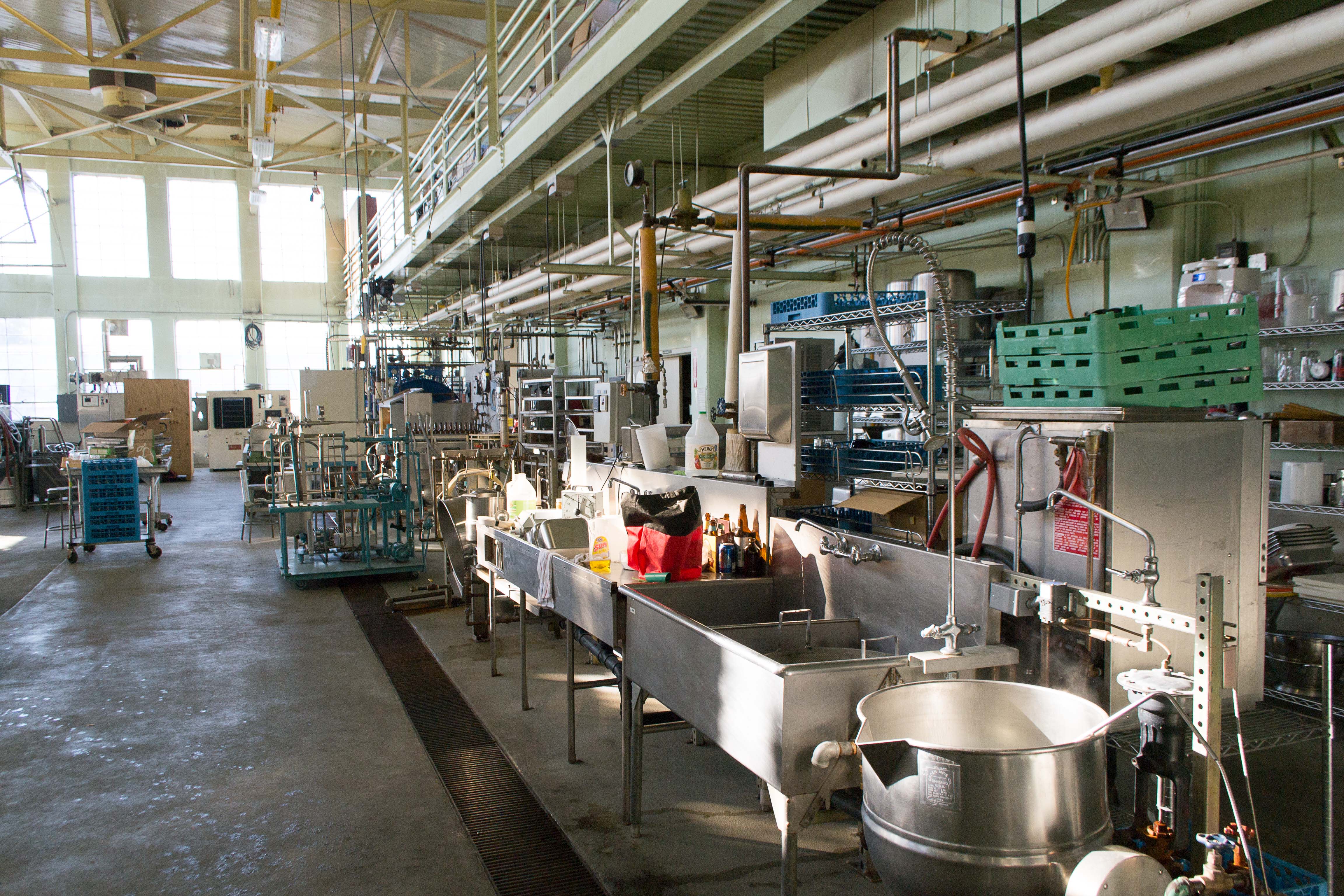
Photo from academic.microsoft.com
The human endogenous intestinal microbiota is an essential “organ” in providing nourishment, regulating epithelial development, and instructing innate immunity. Even though lots of scientists have evaluated the content of gut… Click to show full abstract
The human endogenous intestinal microbiota is an essential “organ” in providing nourishment, regulating epithelial development, and instructing innate immunity. Even though lots of scientists have evaluated the content of gut microbiota from various points of view, we examined the content of intestinal microbes in the group of healthy middle aged volunteers (40–60) form Slovakia. We have compared faecal cultivable microbiota of vegetarians and omnivores. We have found that the composition of the human microbiota is fairly stable, and it seems that the major microbial groups on species level that dominate the human intestine are conserved in all individuals regardless of dietary habits. Beside the microbial content we have examined the faecal samples also for the presence of antimicrobial active compounds, potential mutagens, and faecal sterols.
Journal Title: Acta Alimentaria
Year Published: 2017
Link to full text (if available)
Share on Social Media: Sign Up to like & get
recommendations!